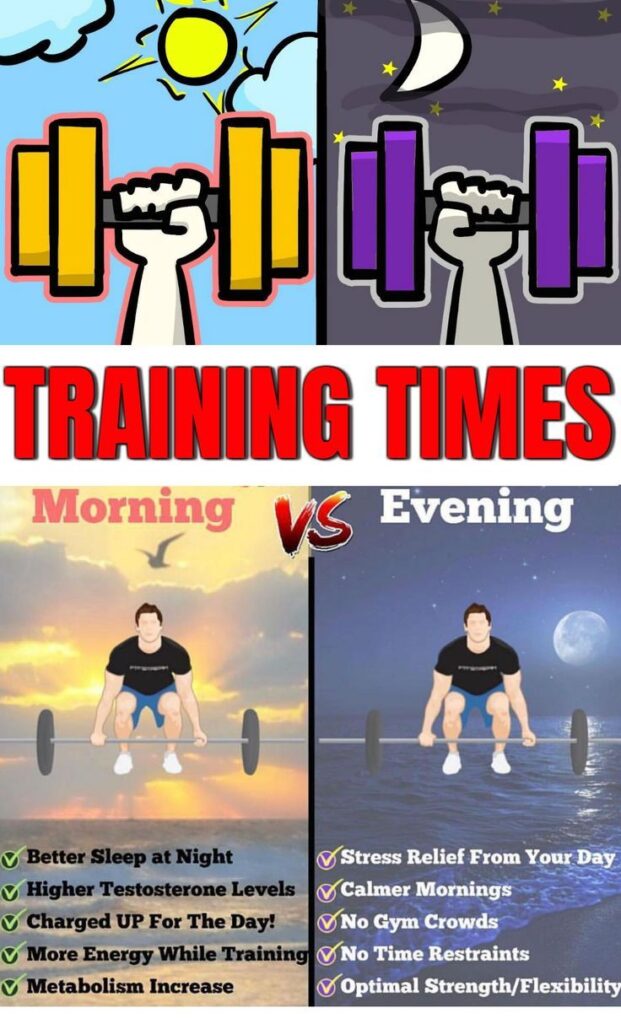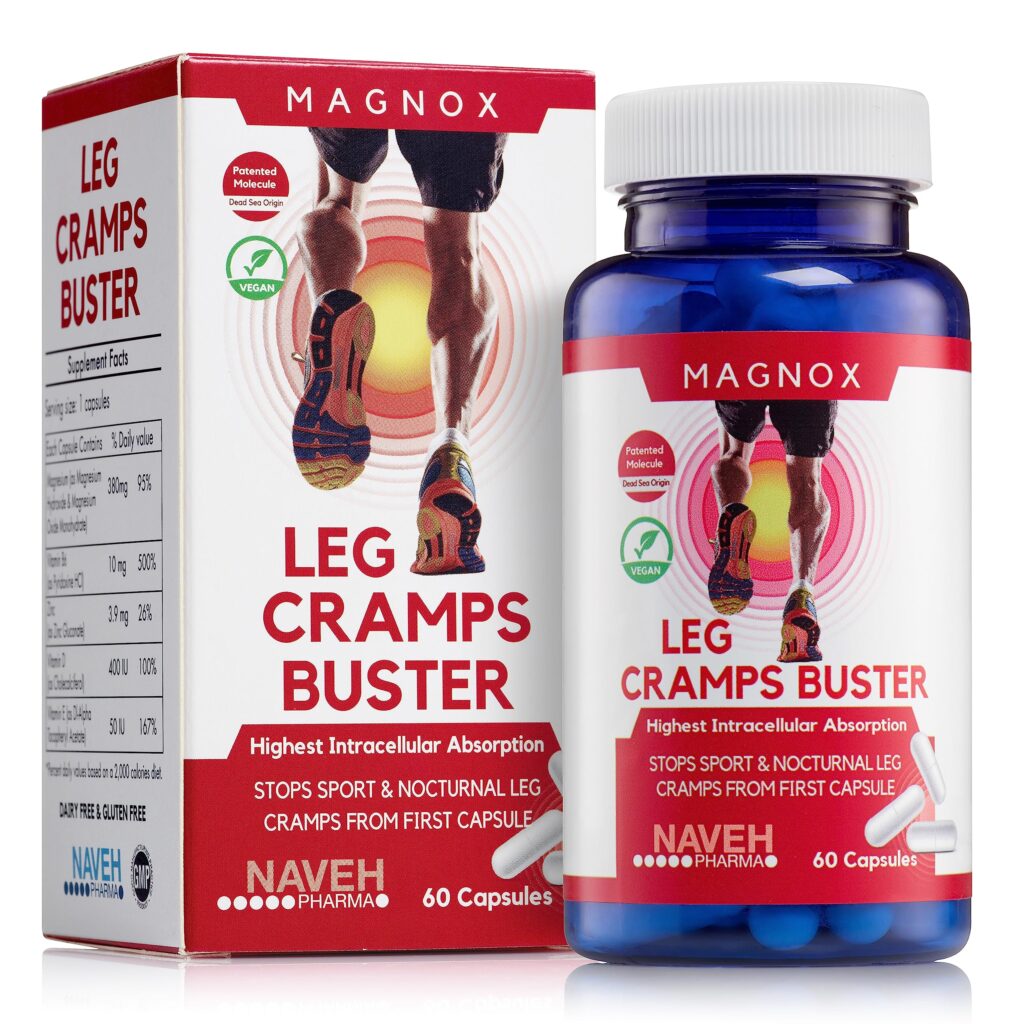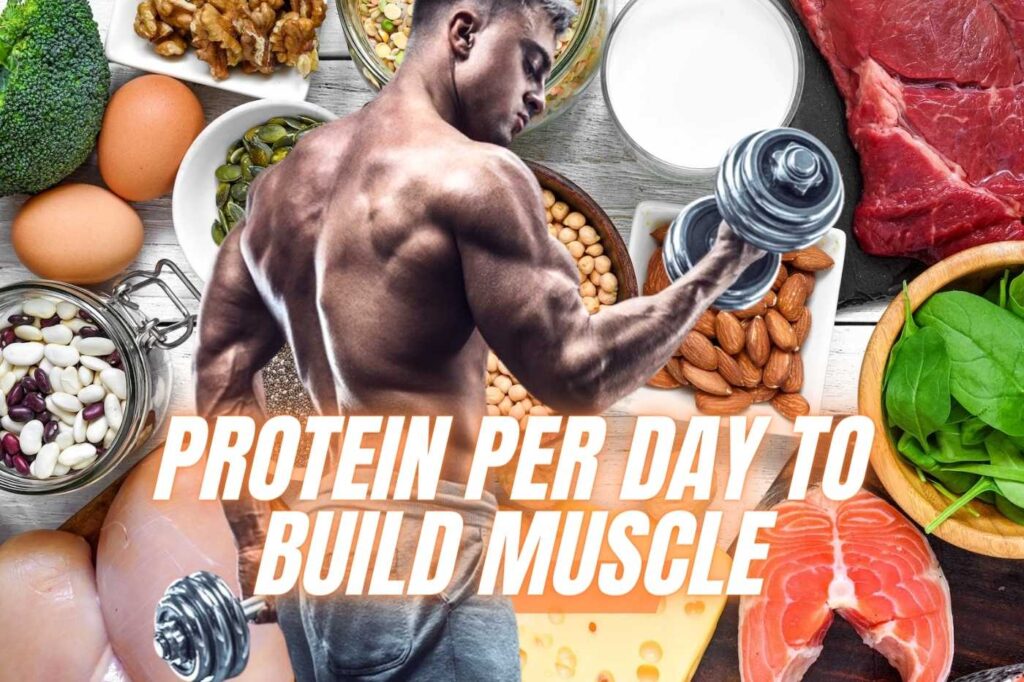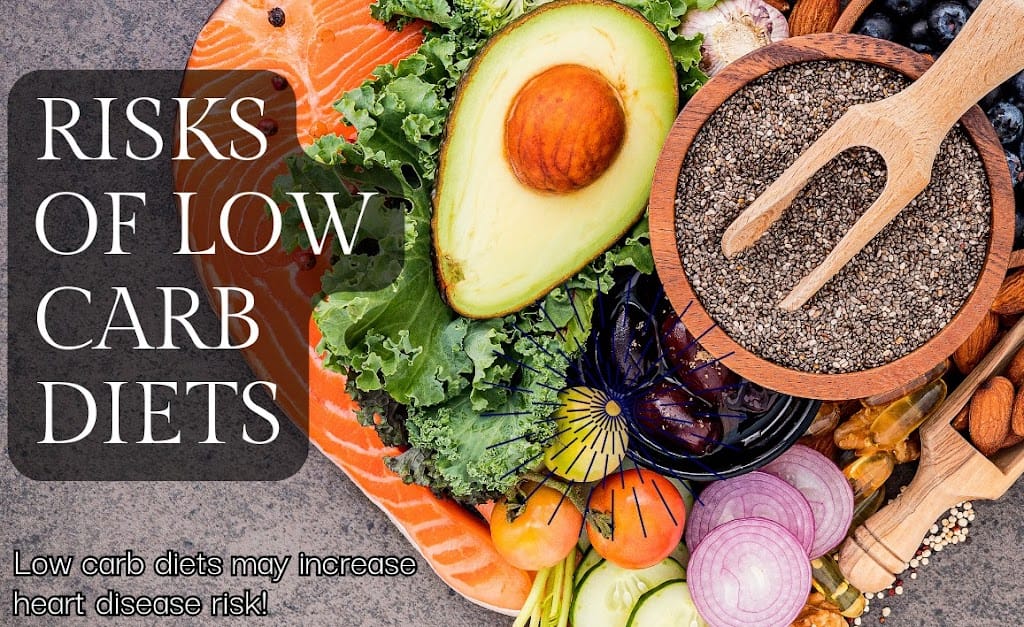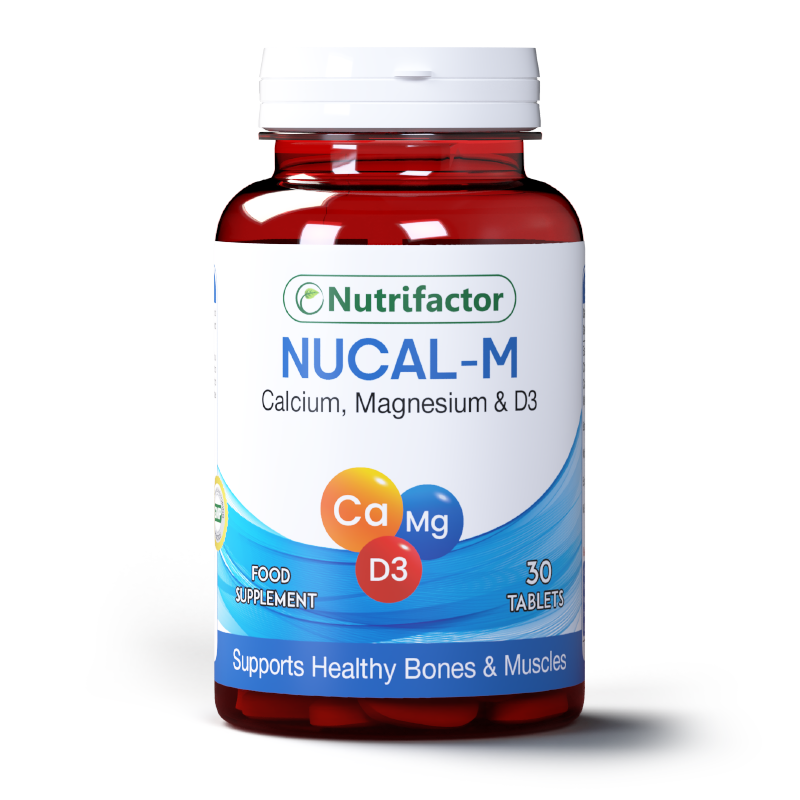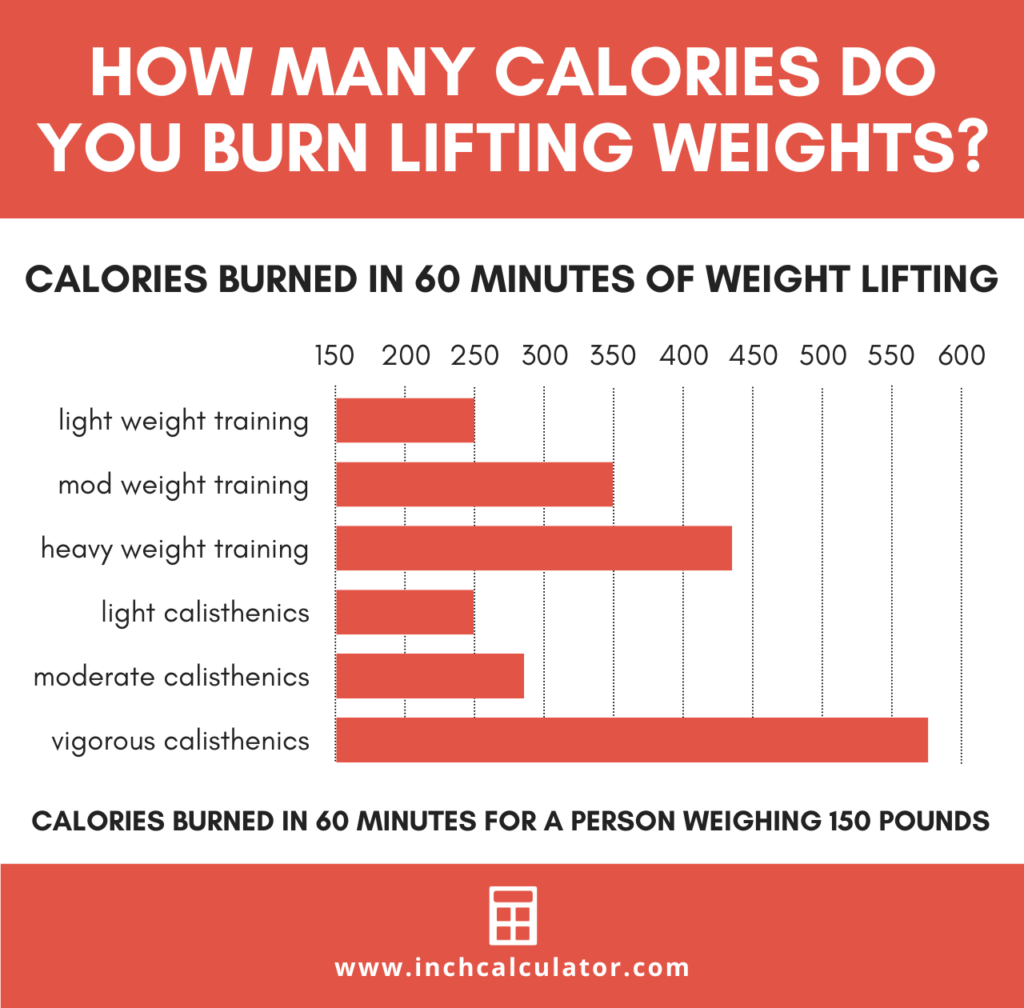The best time to gain muscle is during the winter months. Colder weather supports higher calorie intake and muscle growth.
Building muscle efficiently requires a strategic approach. Winter offers a favorable environment for muscle gain due to increased appetite and less outdoor activity. Consuming more calories supports muscle growth and recovery. Shorter days and longer nights provide ample time for rest, crucial for muscle repair.
Weight training combined with a nutrient-rich diet optimizes muscle development. Staying consistent with workouts and nutrition plans is key. Cold weather activities like shoveling snow can also serve as additional workouts. Proper hydration and sleep further enhance muscle-building efforts. Starting a muscle gain program in winter sets the stage for impressive progress. Commit to a focused plan to achieve your muscle-building goals.
Biological Rhythms
Our bodies run on a 24-hour cycle. This cycle is called the circadian clock. It tells our bodies when to sleep and wake up. It also affects our muscle strength. Morning might be a good time for some. Others feel stronger in the evening.
Hormones change throughout the day. Some hormones help build muscle. Testosterone levels are higher in the morning. This can help with muscle growth. In the afternoon, cortisol levels drop. Lower cortisol can also help with muscle gain. So, both morning and afternoon can be good for workouts.
Seasonal Variations
Winter is a great time to focus on bulking up. Cooler weather makes it easier to eat more. This helps in gaining muscle mass. Gyms are less crowded, giving you more space to work out. Heavy clothing hides any extra body fat gained. Warm, hearty meals are perfect for muscle growth. More calories keep you warm and fuel your workouts. Winter is the season to lift heavy and eat big.
Summer is ideal for shredding excess fat. Warmer weather encourages outdoor activities. This helps in burning extra calories. Lighter clothing shows off your muscle definition. Fresh fruits and salads are abundant, perfect for a lean diet. Longer days mean more time for workouts. Staying active is easier in summer. Focus on cardio and light weights to define your muscles.
Age Considerations
During adolescence, boys and girls experience growth spurts. This period is ideal for gaining muscle. Hormones like testosterone boost muscle growth in boys. Girls also benefit, but the effect is less pronounced. Physical activity during these years can maximize muscle gains. Strength training is safe and effective for teens. Proper nutrition supports muscle development.
Adults can still gain and retain muscle effectively. Consistent exercise routines are key. Strength training helps build muscle mass. Protein intake is essential for muscle repair and growth. Adults should aim for balanced diet and exercise. As adults age, muscle mass naturally declines. Regular exercise slows this process.

Credit: www.healthline.com
Training Timing
Morning workouts can be very effective. Your body is fresh and rested. Morning exercise can boost your metabolism. You may feel more energetic throughout the day. Many people find it easier to stick to a routine. You avoid the distractions of the day. Early exercise can also improve your mood. You start your day with a positive mindset.
Evening sessions can also be beneficial. Your body temperature is higher. This can enhance muscle performance. Strength levels are often higher in the evening. You may also have more time to dedicate. There’s less rush to complete your workout. You can focus better on your exercises. Evening workouts can help you unwind after a busy day.
Nutritional Timing
Eating before a workout helps you gain muscle. Carbohydrates give you energy for exercise. Protein helps build and repair muscles. A banana with peanut butter is a great pre-workout snack. Greek yogurt with fruit is another good choice. Eat your snack 30 minutes before working out.
Recovery after exercise is important for muscle gain. Protein is essential to repair muscles. Carbohydrates help restore energy. Chocolate milk is a good post-workout drink. A turkey sandwich with whole grain bread works well too. Eat your recovery meal within 30 minutes of finishing exercise.
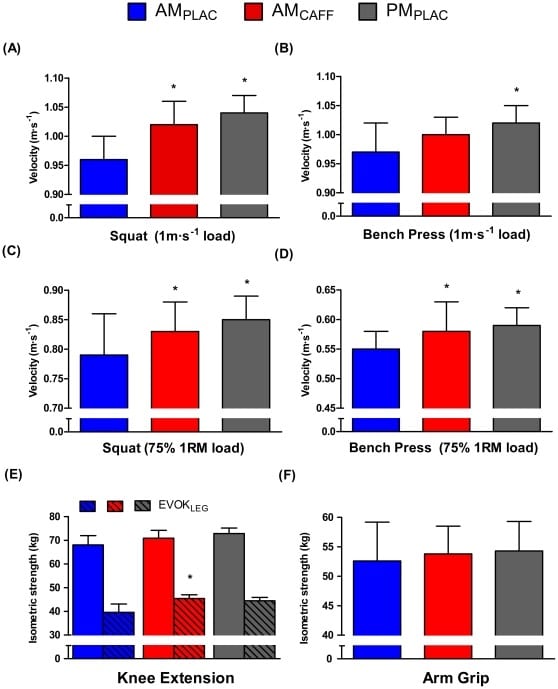
Credit: mennohenselmans.com
Sleep And Recovery
Deep sleep is vital for muscle growth. During deep sleep, the body repairs muscle tissues. Growth hormones are released, which helps muscles grow. Aim for at least 7-9 hours of sleep each night. Quality sleep can improve performance and muscle gains.
Napping can boost muscle recovery. Short naps of 20-30 minutes are effective. Naps reduce fatigue and improve alertness. They also help in muscle repair. Avoid long naps as they may disrupt nighttime sleep. Consistent short naps can enhance muscle growth.
Stress Management
High levels of stress can raise cortisol. This hormone can hinder muscle growth. Keeping cortisol in check is important. Exercise regularly to reduce stress. Good sleep also helps lower cortisol. A balanced diet can support your efforts. Omega-3 fatty acids are beneficial. Avoid excessive caffeine and sugar. These can increase cortisol levels.
Mindfulness can help lower stress. Deep breathing is an easy method. It calms the mind and body. Meditation is another option. It can improve your focus and reduce anxiety. Yoga combines physical activity and mindfulness. This can be very effective. Even just a few minutes a day helps. Consistency is key to seeing results.

Credit: br.pinterest.com
Consistency Over Time
Building muscle takes time and effort. You need to be patient and stay on your plan. Consistency is the key to success. Make small changes and stick with them.
Progress might seem slow at first. Don’t get discouraged. Every workout counts. Keep track of your progress. Write down what you do each day.
Keeping a journal helps a lot. Note down your exercises and weights. Track how you feel after each session. This helps you see improvements.
Use a chart to map your gains. Celebrate small wins. Each step gets you closer to your goal. Stay focused and keep moving forward.
Frequently Asked Questions
When Is The Best Time To Gain Muscle?
The best time to gain muscle is during a caloric surplus. Eat more calories than you burn. Combine this with weight training for optimal results.
Is Morning Or Evening Better For Muscle Gain?
Morning workouts boost metabolism, while evening workouts may enhance performance. Choose based on personal preference and schedule.
Should I Eat Before Or After Workouts?
Eating before workouts provides energy. Eating after workouts aids muscle recovery. Both are important for muscle gain.
How Much Protein Do I Need Daily?
Consume 1. 6 to 2. 2 grams of protein per kilogram of body weight daily. This supports muscle growth.
Conclusion
Finding the best time to gain muscle depends on your goals and lifestyle. Consistency, proper nutrition, and adequate rest are key. Listen to your body and adjust your routine as needed. By focusing on these elements, you can achieve your muscle-building goals effectively.
Stay dedicated, and results will follow.

